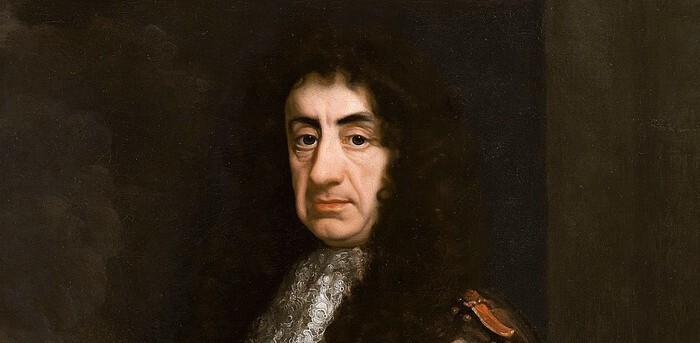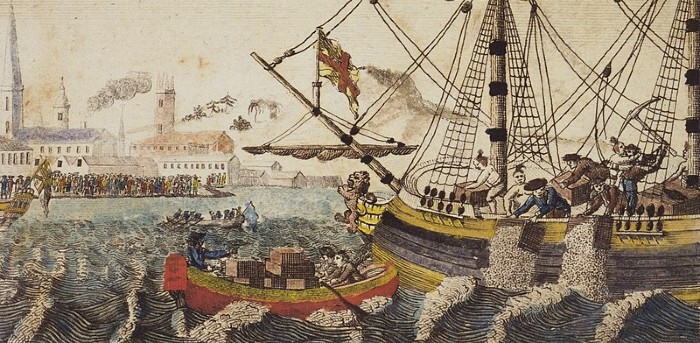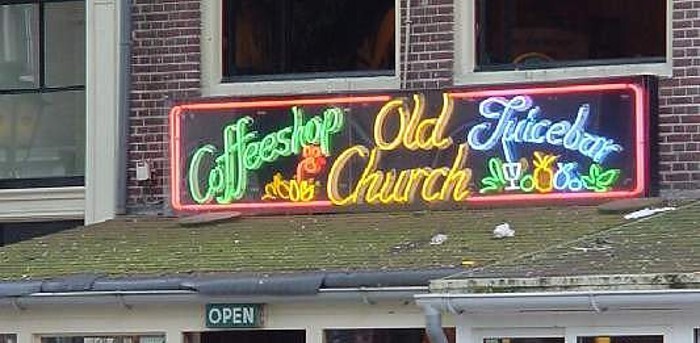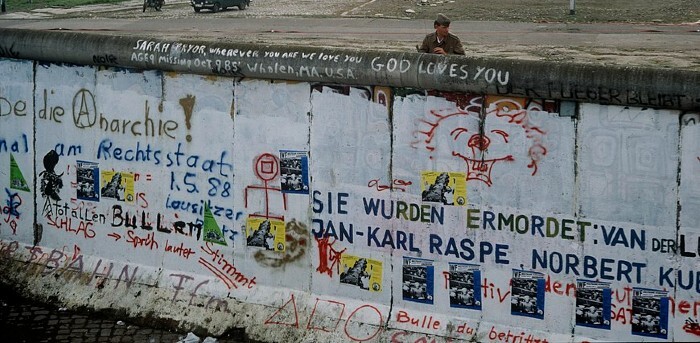Popes and Prohibition: The Surprisingly Sinister History of Coffee

Even today, a cup of coffee can feel like a spiritual experience under the right (read: hungover) circumstances, so it makes sense that immediately upon its discovery, people practically deified it. Religion is complicated, though, so it was exactly this association that led much of Western society to scorn it like it dragged their children to hell or tried to remake Clueless. Let us explain.
The Origins of Coffee

It may date back even further, but the most solid evidence we have for the first people to drink hot bean water can be found in 14th-century Yemen, when Sufis used it to help them concentrate and stay awake through long hours of prayer. In that way, it’s not dissimilar to how we use it today, if an all-nighter before an important test can be considered a kind of prayer.
The Bitterest Sin

Despite this spiritual significance (or, more accurately, because of it), coffee soon earned a reputation as a sinful indulgence on par with alcohol. Islamic leaders didn’t like that coffeehouses were beginning to rival mosques as hubs of intellectual and spiritual activity, and once it reached Europe, its association with Islam itself made it seem sus. Those medieval Catholics were real sticklers for sectarianism.
The Mecca Ban
By 1511, governor Khair Beg banned coffee in Mecca for fear that all that jitter chatter was giving people secular ideas. His decision was soon overturned, but people spent the next few decades arguing over whether coffee-induced alertness could be considered “drunkenness” under Islamic law, organizing themselves into entirely separate schools of anti-coffee or pro-coffee thought.
Pope Clement VIII

In the 1600s, Pope Clement VIII’s advisers asked him to ban “Satan’s drink,” but he refused to do so without experiencing it himself first, which backfired spectacularly. He declared, “This Satan’s drink is so delicious that it would be a pity to let the infidels have exclusive use of it,” and baptized it into the fold of holy endorsement. Honestly, more papal decrees should be decided this way. Like, has the Pope tried premarital sex?
The King Charles Ban

In 1675, King Charles II of England banned coffee for much the same reason as that Islamic governor before him: fear that a bunch of hopped-up intellectuals could be incited to revolt. He withdrew the ban two days before it would have taken effect, however, probably realizing that a bunch of people suffering withdrawal headaches were a lot more dangerous.
Coffee Was Sexist
As usual when it comes to historical intellectual spaces, women weren’t welcome in English coffeehouses unless they were serving either drinks or sex. That may be why some of them wrote The Women’s Petition Against Coffee, complaining that the “stinking nauseous puddle water” made their husbands talk too much and bone too little, although it may also have been political rabble rousers looking to soil coffee’s good name. You could never be sure back then.
Coffee and Sex
In response, another anonymous group published the Men’s Answer to the Women’s Petition Against Coffee, insisting that regular coffeehouse visits dried up the “crude flatulent humors” (i.e., it made them fart less) and, contrary to the women’s claims, made “the erection more vigorous, the ejaculation more full,” and added “a spiritual ascendency to the sperm.” Coffee was indeed long thought to be an aphrodisiac, which might explain all those sex workers.
The Coffee Cantata

In the 18th century, coffee was still such a scandalous beverage that Bach wrote an entire musical about a young woman who refuses her father’s orders to give up coffee and then, when he threatens not to find her a husband, feigns agreement and secretly informs the nominees that they have to let her drink coffee. It wasn’t his biggest hit for some reason.
The Swedish Ban
Sweden banned coffee multiple times in the 18th century, but the most interesting instance was when Swedish King Gustav III essentially taxed the stuff into prohibition, and if drinkers failed to pay, authorities came to their houses and took away their coffee cups. The king also ordered an experiment on a pair of identical twins on death row, forcing them to drink equally large amounts of coffee and tea, respectively, to assess the health effects of coffee, but both of the doctors overseeing the experiment died before it was over. It turns out living in the 18th century was way worse for you than coffee.
Coffee Was a Slave Crop

As much as those Europeans loved their coffee, they certainly weren’t going to grow it themselves, so like all of the most valuable crops at the time, coffee was grown with slave labor. By 1788, Haitian plantations worked by slaves produced half the world’s coffee.
Coffee and the American Revolution

The coffee/tea divide between the U.K. and the U.S. began after the famous Tea Party, when people started really understanding the ramifications of boycotting their morning beverage. They decided to switch to coffee, cementing its status as the caffeine delivery system of American patriotism. What could possibly be more vulgar?
The (Cafe Au) Lait and Switch
In the 19th century, people found out there was a crack to coffee’s cocaine: robusta, a type of coffee with way more caffeine that could be grown anywhere for cheap. This was a pretty shitty development for a lot of Latin American countries that had been taken over by colonizers who turned them into coffee-based economies only to declare “n/m.”
Amsterdam “Coffeeshops”

Speaking of drugs, have you ever wondered why a place where you go to smoke weed in Amsterdam is called a “coffeeshop”? It’s because that’s where all the cool young people hung out back when weed was illegal, so coffee shops started side-hustling as drug dealers. The authorities caught on pretty quickly, but they decided it was better street dealers, so they decided to just ignore it for about 20 years until the 1990s, when they said, “Okay, you know that I know that you know that I know, so let’s make some rules.”
The East German Coffee Crisis

In 1977, the German Democratic Republic faced a “political issue of the highest level”: They ran out of coffee. To prevent rioting in the streets, they had to revamp their whole foreign policy, which included trading coffee for weapons with Ethiopia. That probably ended fine.
Still Sketchy After All These Years

The coffee industry is still plagued by numerous ethical problems, including laughable wages for workers on coffee farms and the environmental damage caused by farmers who don’t even care enough to pay their workers a living wage. Plenty of regulatory agencies have sprung up to address these concerns, but they’ve got a long way to go, though to be fair, do we even want a planet without coffee?
Top image: Ceyda Çiftci/Unsplash